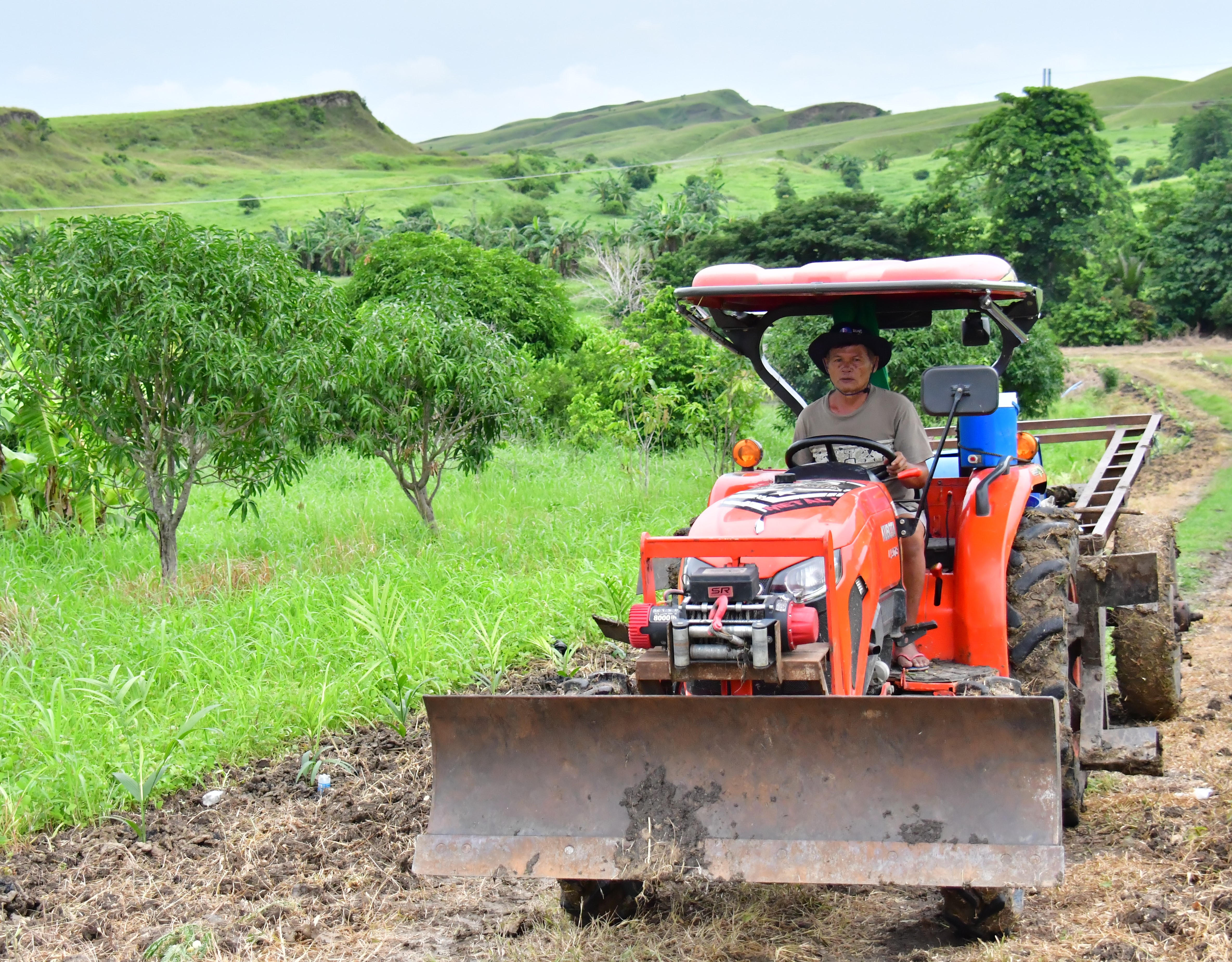BITTER IS BETTER

People’s Organization in Kayapa, Nueva Vizcaya are now into improving its livelihood through coffee production. Although coffee taste bitter yet is a better way to increase their household income and conserve the forests as well.
The Nansiakan Coffee Processing Center Agroforestry Value Chain Facility located in Barangay Nansiakan in Kayapa town was officially turned-over and inaugurated on Sept. 8, 2023. This ₱5.8 M facility is funded by the Japan International Cooperative Agency (JICA) through the Forestland Management Project (FMP) of the Department of Environment and Natural Resources (DENR).
The said inauguration brought together dignitaries of Department of Environment and Natural Resources Region 2, political leaders in the province of Nueva Vizcaya, JICA Senior Representative Ide Soichiro and Project Formulation Adviser Takao Ryoko.
The facility was indeed a blessing and a great opportunity for the Nansiakan-Labang Forestland Management Association, Inc. ( NLFMAI), Babadi Forestland Management Association, Inc.(BFMAI), Mapayao-Binalian Forestland Management Association, Inc. (MBFMAI), Latbang Forestland Management Association, Inc. (LFMAI), and Pinayag Forestland Management Association, Inc. (PFMAI) to showcase their entrepreneurship skills that they have acquired since the project started through enterprise development under FMP.
Aside from enterprise development, FMP has been active in implementing community-based forest conservation strategies including capacity development of POs, conduct of information and education drives to promote watershed protection, and establishment of Agroforestry Support Facilities (ASF) subprojects.
With the project’s community livelihood assistance component, the PO members are looking forward to uplift their economic conditions in the uplands. They are optimistic that more jobs would be generated as a number of families will be benefited not only from the operation of facility, but also in farming activities through the different coffee plantations established under the forestland’s project.#
By CENRO Aritao
- Details
- Parent Category: News & Events
- Category: Features
- Hits: 233






